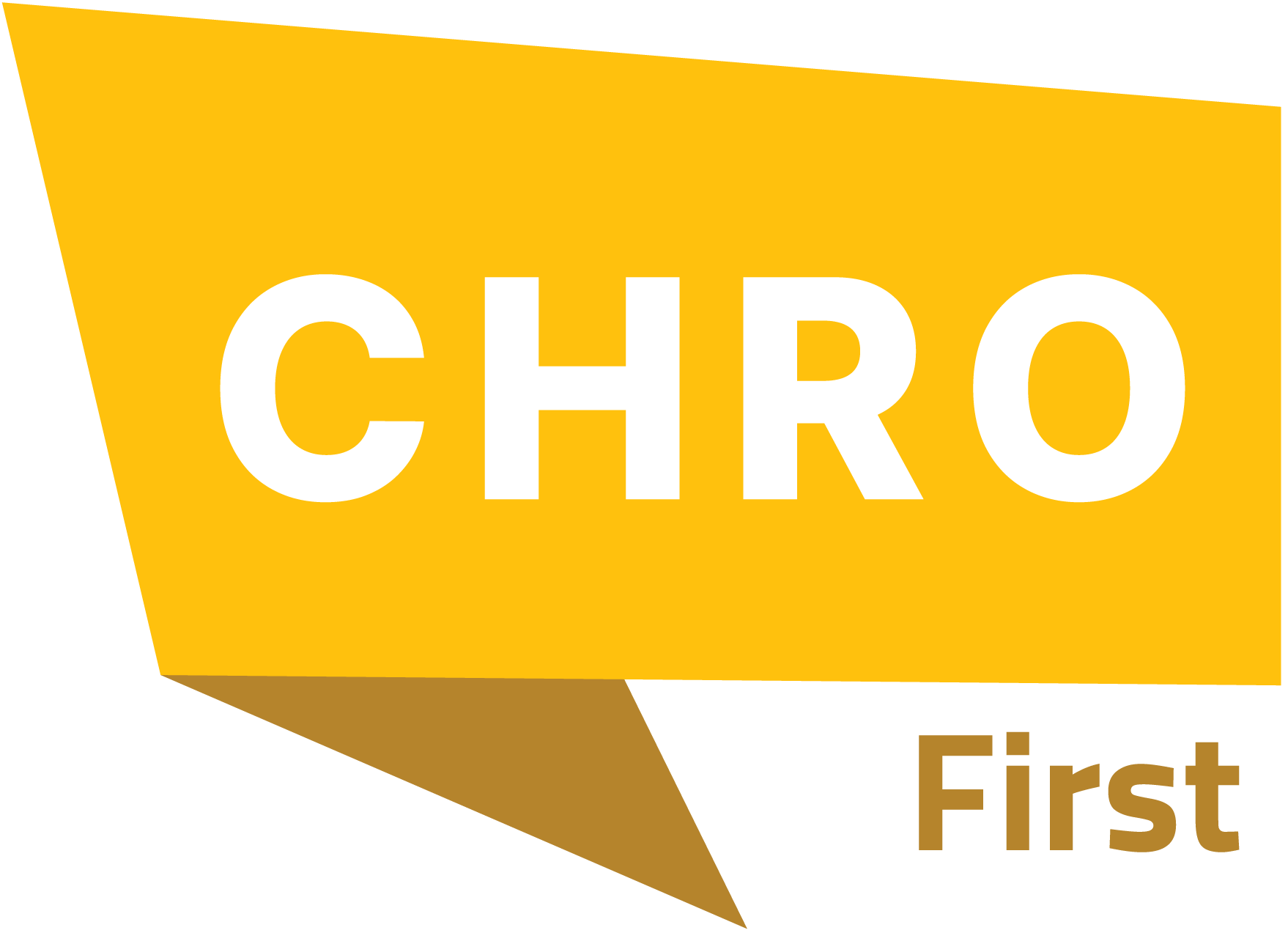Virtual Vocations, a leading platform for remote jobseekers, has released the results of its latest survey uncovering a growing trend in the remote work hiring landscape: employer ghosting. The company’s Employer Ghosting Survey highlights how candidates navigating the increasingly competitive remote job market are being left in the dark by potential employers.
This groundbreaking survey collected data from 529 respondents to identify the prevalence of employer ghosting, its impact on jobseekers, and actionable solutions for creating a more transparent and respectful hiring process. The findings reveal a startling disconnect between employers and jobseekers, especially where communication is concerned.
Laura Spawn, CEO of Virtual Vocations, emphasized the importance of addressing this issue, stating, “Employer ghosting is more than just a missed connection—it’s a critical failure in communication that leaves jobseekers feeling undervalued and disillusioned. Our survey highlights the urgent need for employers to prioritize transparency.”
These are key findings and statistics from the survey that illustrate the prevalence of employer ghosting and its effects on candidates navigating the remote job market.
Also Read: ManpowerGroup Names Ger Doyle U.S. Country Manager
Candidate Experiences with Employer Ghosting
- Frequency of Ghosting: 57% of respondents reported being ghosted frequently or almost always during remote job searches.
- Timing of Ghosting: 67% of candidates felt ghosted after submitting applications, indicating that communication breakdowns are most common in the early stages of the hiring process.
- Impact on Candidates: 38% of jobseekers either withdrew or considered withdrawing from hiring processes due to poor communication, highlighting the emotional toll of ghosting.
Jobseeker Communication Preferences
- Preference for Personalized Communication: 67% of respondents prefer personalized rejection emails, showing the importance of thoughtful engagement from employers.
- Impact of Application Status Updates: 82% of respondents believe that updates on their application status help reduce feelings of being ghosted.
- Desire for Specific Feedback: 69% of respondents want specific feedback on rejections, indicating a strong demand for constructive insights to aid in their professional growth.
The Impact of Employer Ghosting on Jobseekers
- Negative Perception of Companies: 39% of respondents reported that employer ghosting negatively impacts their view of a company, with 26% reconsidering future applications to that company.
- Emotional Impact on Jobseekers: 41% of respondents felt frustrated but remained motivated to continue their job search, while 28% felt discouraged and unmotivated after being ghosted.
- Sharing Experiences on Social Media: 16% of respondents were very likely to share their ghosting experiences on social media, with an additional 20% somewhat likely to do so, potentially amplifying the negative impact on the company’s public image.
Candidate Suggestions for Improving the Hiring Process
- Demand for Improved Communication: 29% of respondents want realistic timelines for feedback, 27% advocate for training hiring managers on communication best practices, and 25% highlight the need for better applicant tracking systems.
- Key Motivators Despite Ghosting: 30% of candidates are motivated by potential career growth, and 29% value flexibility, including remote work, as key factors for staying engaged despite being ghosted.
- Expectations for Timely Responses: 36% of respondents expect follow-ups within one week after an interview, while 32% find 3–5 days reasonable, emphasizing the importance of prompt communication in the hiring process.
SOURCE: PRWeb


